Discrimination – what does it mean to you? Our innovative and free online clinic answered your questions
On 1 September new regulations will come into force that extend the scope of Jersey’s Discrimination Law. Following on from the introduction of the protected characteristic of race last year, protection will be given to sex, sexual orientation, gender reassignment and pregnancy and maternity (including breastfeeding). This means that it will be illegal for employers and service providers to discriminate against their workers or customers on the grounds of them being, for example, a woman or homosexual or pregnant.
With just weeks to go until the new regulations come into effect, we ran a free online clinic offering anyone with an internet connection the chance to ask questions relating to discrimination. We find running online clinics provides an informal, accessible and immediate way for Islanders to engage with a topical issue in a quick-fire, two-way dialogue with those in the know.
Whether running a business with a need to comply with the new responsibilities or an individual wanting to know what the law says about sex discrimination, participants asked questions on Facebook, Twitter or LinkedIn by using the hashtag #asklaw.
Some of the questions asked included:
Question: When will it become illegal to discriminate against the disabled?
Answer: We expect disability to be the last protected characteristic in September 2017. This may change depending on the States of Jersey.
Question: How worried should employers be about office banter?
Answer: Where the banter is offensive by a reasonable person’s standards and / or the employee’s previously expressed standards, they should be very worried, as it could incur up to £10,000 compensation or more realistically £5,000 for injury to feelings. Several incidences would see those costs easily escalate. Otherwise, banter is fine and a useful part of work culture especially where the work is stressful or monotonous. Do not forget banter that does not relate to any of the protected characteristics (e.g. race and sex) is usually okay, again so long as it is not obviously offensive.
Question: What’s the difference between direct and indirect discrimination?
Answer: Direct discrimination is aimed at protecting individuals; indirect discrimination is aimed at protecting racial or sexual groups (who the complainant belongs to) from discrimination. The main distinction is that with indirect discrimination an employer is imposing a provision, criteria or practice on everybody (so on the face of it, it looks fair) but certain individuals within certain groups e.g. women or people of a particular race or ethnic origin find themselves at a disadvantage. If it cannot be justified, this more subtle form of discrimination will be unlawful.
Question: As an LGBTQ charity, may we positively discriminate in our choice of beneficiaries of the charity’s work and who we might employ?
Answer: Yes, there is an exemption for charities within the Jersey discrimination laws subject to meeting certain statutory rules. So long as your charity is providing benefits to people who share a protected characteristic (in your case that of being lesbian, gay, bisexual, transgender or questioning) within a constitution and is a proportionate means of achieving a legitimate aim/mitigating against any disadvantage linked to their sexual orientation/gender reassignment, then you are not subject to the principal law.
Question: Will employers be liable for acts of discrimination carried out by employees?
Answer: Possibly. The law builds in a concept called “vicarious liability” which can operate to fix a liability on employers if an act of discrimination has been perpetrated during the course of an employee’s employment. This has been construed very widely in other jurisdictions to include what employee’s say and do outside of their normal duties/normal working hours and can occur even if the employer has no knowledge/did not agree to the discriminatory act. However, where an employer has taken reasonable steps to stop the act, the employee will be liable.
Question: Are there any exceptions to the Discrimination Law?
Answer: Yes. There are several general and particular exceptions to the Discrimination Law, which is much more generous than other comparable jurisdictions. For example, if an act of discrimination is carried out to comply with another Jersey law or a court order then it will not be caught. For employers, there are useful and sensible exceptions as regards to what would be considered to be race and sex discrimination. For example, an employer may have a genuine occupational requirement (e.g. need a female to perform work in a woman’s refuge or a black actor to play a black character).
Question: What if a job naturally lends itself to one gender (heavy lifting etc)? Could you face a claim of discrimination?
Answer: Possibly, if your perception is not well founded and based on a stereotypical assumption. Also, if your concern is well founded, your business case will still need to withstand scrutiny for any refusal of employment.
How we can help
We develop and deliver in-house training or mentoring on a one-to-one basis to ensure that your employees have the knowledge to protect your business when it comes to discrimination.
We will ensure that our sessions are bespoke to your particular needs and are built on your own policies and procedures.
If you would like to know how we can to support you, then email us on enquiry@lawatworkci.com or call us on 01534 887088.







